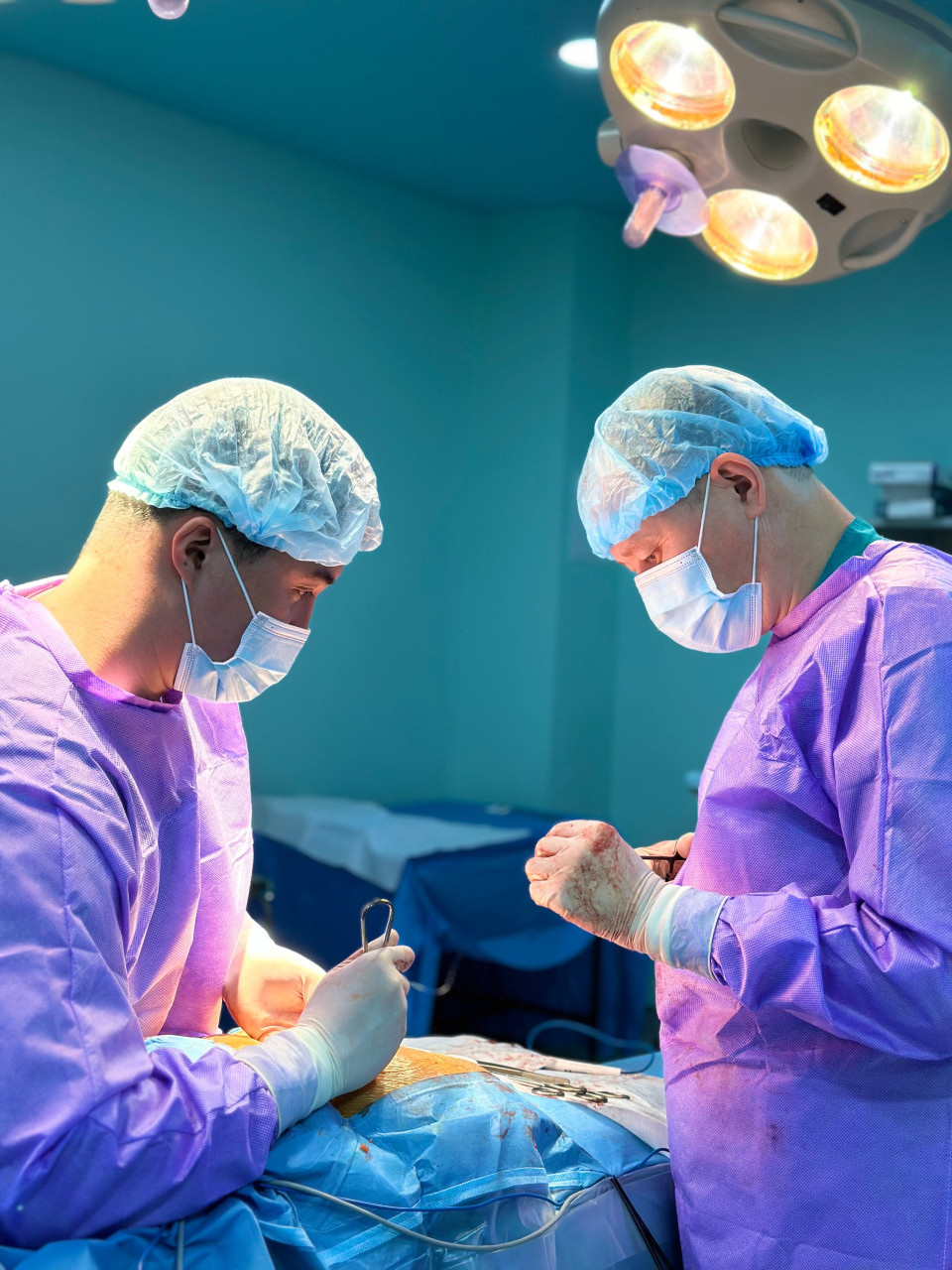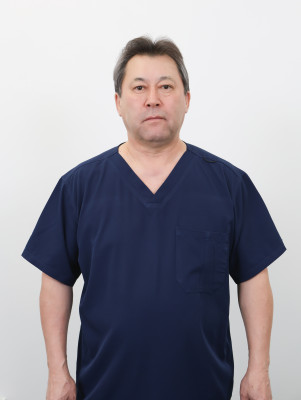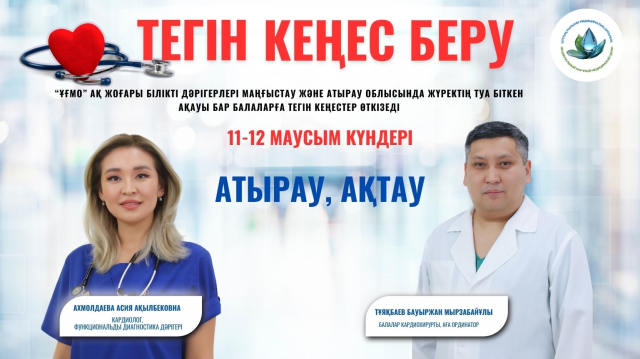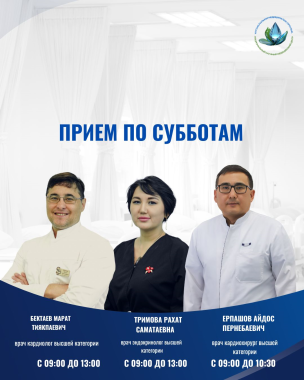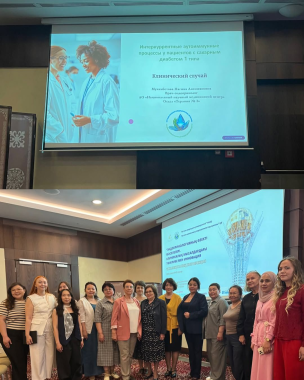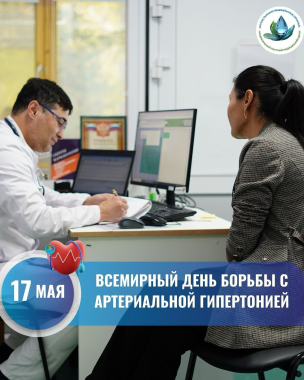A surgeon is a doctor specializing in the diagnosis and treatment of pathological conditions requiring surgical intervention. Surgery is one of the multifaceted and very complex fields of medicine, structured into many separate specializations.
Surgery is not always an operation!
What are the symptoms that need to be treated by a surgeon?
• sudden pain in the abdomen or chest that does not subside for half an hour;
• any open wounds and cuts;
• sudden shortness of breath and persistent feeling of lack of air;
• various injuries to the chest, head, abdomen, even if they seem harmless;
• the appearance of swelling, pain, redness in the joints;
• the occurrence of a feeling of cold in the lower extremities (in the presence of diabetes mellitus and atherosclerosis);
• pain, redness and swelling of any localization.
How is the surgeon's consultation going?
The initial appointment of a surgeon does not require any additional training.
Directly, the surgeon's consultation includes:
• anamnesis collection;
• inspection;
• study of research results;
• diagnosis;
• determination of the amount of necessary surgical intervention.
You will receive detailed explanations on the diagnosis and clear instructions on the prescribed treatment. In addition, based on the results of the examination, the surgeon may prescribe an additional examination and consultations with related specialists.
What diseases does the surgeon treat?
The list of diseases that require surgical intervention is very long. The surgeon's competence includes the treatment of a number of diseases and pathologies associated with the development of purulent-inflammatory processes, neoplasms, violations of the integrity of the skin, soft tissues and bones:
• hernias, appendicitis;
• all types of bone fractures and fractures;
• benign neoplasms — adipose veins, cysts, fibroids, fibroids, etc.;
• malignant tumors;
• injuries to the brain and spine;
• microtraumas, bruises, sprains, dislocations;
• cholelithiasis;
• atherosclerosis, varicose veins;
• obesity;
• ulcers, gangrene, phlegmons, abscesses, boils and other purulent-inflammatory changes;
• intestinal obstruction;
• gastric ulcer and duodenal ulcer;
• underdevelopment and congenital defects of internal organs;
• sepsis, peritonitis, atrophy;
• non-healing wounds , etc.
The Center performs emergency and planned surgical interventions in case of any danger threatening human health and life.
What kind of diagnosis is being carried out
When diagnosing surgical pathologies, the Center's specialists use a wide range of laboratory and instrumental research methods, such as:
• radiography;
• Ultrasound, CT and MRI;
• fibroesophagogastroduodenoscopy;
• endoscopic examinations — arthroscopy, colonoscopy, gastroscopy, rectoromanoscopy,hysteroscopy, colposcopy.
In addition, traditional and specific laboratory tests are also indispensable. In particular, the surgeon may need the results of such tests:
• clinical analysis of blood and urine;
• determination of blood type and Rh factor;
The availability of expert-class diagnostic equipment makes it possible to promptly conduct a comprehensive examination that allows you to establish the only correct diagnosis and prescribe the correct surgical treatment regimen.
Make an appointment with a surgeon
You can make an appointment with a surgeon by calling +7 7172 57 74 40, +7 702 094 77 71

